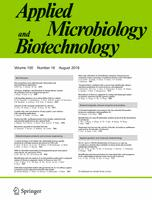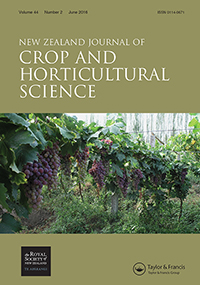 Researchers have retracted a paper following an argument over who deserves top billing, according to the last author of the paper.
Researchers have retracted a paper following an argument over who deserves top billing, according to the last author of the paper.
The last author added the authors plan to republish the paper once they work things out.
The work for the paper — about cell death in the aftermath of a brain hemorrhage — was started in one lab at the Department of Neurology at the Affiliated Hospital of Nantong University, and completed in another.
That led to a dispute, reports the retraction notice, issued by Neurochemical Research:
Continue reading A headache: Brain paper retracted over author argument




 As
As 

 A vociferous advocate for correcting the literature — who has been
A vociferous advocate for correcting the literature — who has been 